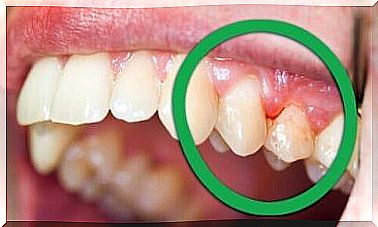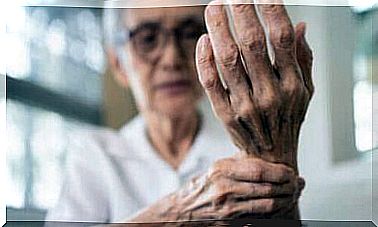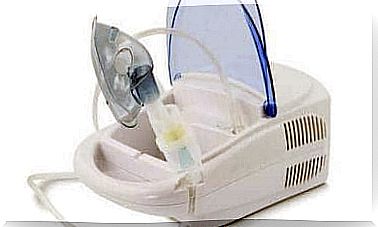Medications For High Blood Pressure

Medicines for high blood pressure have the task of reducing blood pressure. These medicines are part of an exclusive class of medicines for hypertension.
All in all, the goal of these medications is to reduce cardiovascular stress and mortality. They do this by normalizing blood pressure and controlling other cardiovascular risk factors.
Usually, these medications are combined with changes to have a healthier lifestyle and avoid bad habits.
Today we will take a look at the properties of these drugs and how they are used.
Before we begin, do you know what your blood pressure level is?
These indicate the normal range the blood pressure should be in:
- In the doctor’s office : <140-90 mmHg.
- At home : <135-85 mmHg.
- For ambulatory monitoring : <125-80 mmHg.
This is how medicines for high blood pressure work
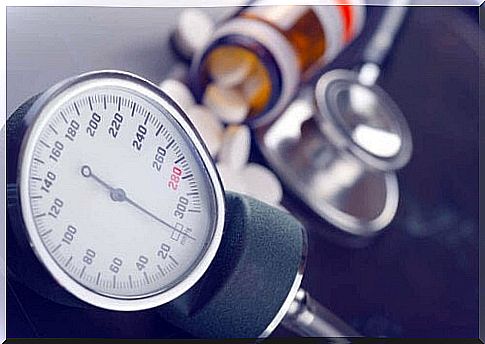
Angiotensin II is a peptide derived from the activation of the Renin-angiotensin-Alsosterone system (RAAS). Sartans increase the levels of bradykinin in plasma, which is a vasodilator that lowers blood pressure.
It also stimulates the synthesis of aldosterone, which in turn increases the body’s uptake of sodium and water.
Antiotensin II works thanks to two types of receptors:
- AT1 receptors are located in the smooth vascular muscle, brain, kidneys and lungs.
- AT2 receptors are found in reproductive organs, fetal tissues and the brain.
In other words, sartans avoid binding to their primary recipient: AT1 receptors. These medications can effectively control high blood pressure and prevent heart failure, left ventricular hypertrophy and heart attack.
A closer look at these drugs
Angiotensin II receptors are high blood pressure medications that have been more popular in recent years. An example of this class of drugs is losartan . Derivatives include candesartan, eprosartan, irbesartan and more.
These drugs are responsible for blocking the enzyme known as angiotensin II, the AT receptor. When the AT receptors are blocked, vasodilation occurs, vasopressin secretion is reduced, and there is less aldosterone production. This in turn will reduce blood pressure.
Dr. Enrique Parafioriti has explained that competing antagonists of angiotensin II receptors (subtypes AT1 and AT2) such as this peptide can be synthesized outside the RAS ( reticular activating system ). Meanwhile, 38 AT1 blockers have more effective control than ACE inhibitors. In the heart, for example, the most important synthesis route is not through RAS, but through serine protease.
However, the efficacy of each type of medicine depends on three types of pharmacodynamics and pharmacokinetic properties : inhibition, affinity and efficacy.
Inhibition
This allows analysis of blockage or inhibition of the effect of angiotensin II on blood pressure. Among them are the following:
- Valsartan 80 mg: 30%
- Telmisartan 80 mg: 40%
- Losartan 100 mg: 25-40%
- Irbesartan 150 mg: 40%
- Irbesartan 300 mg: 60%
- Olmesartan 20 mg: 61%
- Olmesartan 40 mg: 74%
Affinity
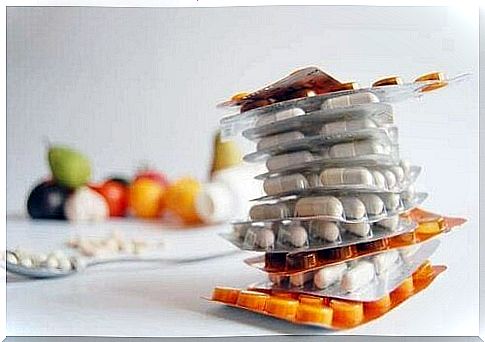
This implies the affinity of certain inhibitors :
- Losartan: 1000 times.
- Telmisartan: 3000 times.
- Irbesartan: 8500 times.
- Olmesartan: 12500 times.
- Valsartan: 20,000 times.
Efficiency
Some of the indicators of the time it takes for the medicine to take effect are the following:
- Valsartan: 6 hours
- Losartan: 6-9 hours
- Irbesartan: 11-15 hours
- Olmesartan: 13 hours
- Telmisartan: 24 hours
Mechanisms
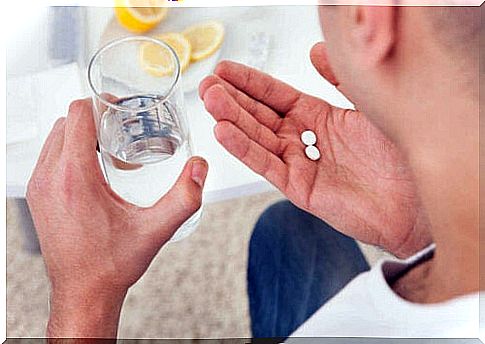
Medications for high blood pressure cause a gradual decrease in blood pressure without changing the heart rhythm. It is clear from the first dose that you will experience a hypotensive effect, which is why it is important to maintain treatment for up to four weeks.
These are some of the following effects:
- A regression of left ventricular hypertrophy.
- A reduction in atrial and gastric dilatation in patients with acute myocardial infarction.
- A reduction in renal vascular resistance, which increases renal plasma flow and excretion of sodium through the urine.
Medications for high blood pressure: side effects
- Insomnia
- Dizziness
- Drowsiness
- Headache
- Low blood pressure
- Increased potassium levels
- Diarrhea or bloating
- Respiratory tract infections: sinusitis, colds and nasal congestion
Interactions
- Hyperkalaemia can occur when these medications are combined with certain diuretics.
- Consumption of alcohol can lower blood pressure, causing dizziness and drowsiness.
- When combined with other medicines for high blood pressure, it can lead to severe hypertension.
- Consumption of amphetamines, asthma medications or expectorants can reduce the therapeutic effect of these medications.
Recommendations

In the meantime, although a patient may be prescribed a drug, it is important to combine it with healthy lifestyle habits.
The most recommended measures include the following:
- Avoid a sedentary lifestyle
- Check your body weight
- Avoid alcoholic beverages and tobacco products
- Have a diet rich in potassium and calcium
- Reduce your sodium intake
- Avoid stress
Contraindications to medication for high blood pressure
None of the medicines belonging to this class of medicines should be taken by pregnant women, especially not in the second and third trimesters. This is because they can cause hypotension, kidney failure or fetal death. Furthermore, they can cause the heart to stop pumping blood properly during breastfeeding, causing problems with metabolism and the synthetic function of the liver.
